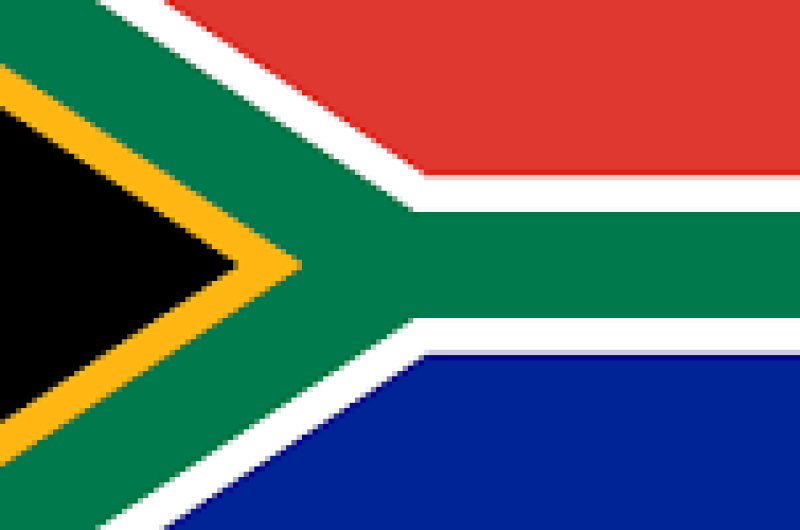
In 2013 South Africa published a draft IP policy which sparked controversy and prompted us to post this comment. While the broad objectives of the draft IP policy are commendable, the document was not drafted clearly. This led to uncertainty as to what the document meant and it received widespread criticism as a result.
In July 2016, the South African cabinet approved a new Intellectual Property Consultative Framework. This Framework appears to replace the 2013 draft IP Policy, with the intention being to have further engagement between government departments and society at large in order to formulate an IP Policy for South Africa. An inter-ministerial committee on IP is to be formed for this purpose.
The Framework recognises that the South African Constitution enshrines the right to property, which includes IP, and that the Constitution requires a balanced approach to property rights by also taking into account public interest. It also states that the IP policy should advance the following objectives:
a) engender the ethos of the Constitution;
b) align the country’s IP regime to its National Development Plan and industrial policy;
c) develop a co-ordinated intergovernmental approach to IP;
d) strike a balance between the creators and users of IP;
e) stimulate innovation;
f) facilitate the development of key industries while striking a balance with the public interest;
g) contribute to the attraction of foreign direct investment and technology transfer;
h) adopt a coordinated approach to IP in sub-regional, regional and international forums; and
i) promote public health
It will take some time for this IP policy to be formulated, and the Framework discusses certain key areas that require urgent action “where a more equitable balance could be struck between private and public interest”.
Some of these key areas are mentioned below. In developing an approach to these issues, the Framework states that due regard will be given to international best practice, including the experience of countries in similar levels of development (such as BRICS countries) and that it will be important to study how these countries have utilised the TRIPs flexibilities to respond to their specific needs.
Local manufacture and export of pharmaceuticals

The pharmaceutical industry is identified as a sector in South Africa that is small by international standards, and which has potential for growth.
Project Ketlaphela is a government-driven initiative aimed at establishing a fully integrated pharmaceutical company in South Africa. This entity is to engage in the manufacture of active pharmaceutical ingredients and the formulation of medicines for South Africa and subsequently expanding into the Southern African Development Community (SADC).
It is stated that South Africa’s IP regime should complement the country’s ambition to develop this sector. The Framework does not, however, suggest how this should be achieved.
It is interesting to note that South Africa accepted the Doha Declaration on the TRIPs Agreement and Public Health on February 23 2016.
Substantive patent search and examination
The Framework confirms South Africa’s intention to implement substantive search and examination prior to the grant of patents.
It is stated that the approach must take into consideration South Africa’s capacity constraints and legitimate public health concerns. The suggestion is that patent examination will be implemented in a phased approach for different areas of technology, and the inference is that the pharmaceutical area will be one of the first areas for substantive examination.
Patentability criteria
The Framework states that Article 1 of the TRIPs Agreement read with Articles 7 and 8 gives WTO members the flexibility to implement and interpret the TRIPs patentability requirements in a manner consistent inter alia with their public health concerns.
It would appear that one of the reasons for the implementation of substantive search and examination is to be able to introduce new patentability criteria for pharmaceutical patents.
Parallel importation
The Framework states that Article 6, read together with footnote 6, of the TRIPs Agreement gives members flexibility to determine their own regimes for exhaustion of IP rights.
At present, the South African Patents Act provides for national exhaustion of patent rights but is silent on international exhaustion of patent rights. The Framework suggests that explicitly incorporating total international exhaustion into the Patents Act would clarify matters.
Exceptions to patentability
The Framework recognises that South Africa has already incorporated the so-called Bolar exception in the Patents Act, and suggests that a research exception should also be included.
At present, the South African Patents Act does not include a research exception. This exception is however recognised in the common law.
Compulsory licences
The Framework acknowledges that compulsory licensing provisions must comply with the conditions set out in the TRIPs Agreement. It suggests the following measures that could be implemented in order to streamline the compulsory licensing process:
compulsory licensing be handled in an administrative process;
guidelines on how to ascertain adequate remuneration for the patentee in the case of a compulsory licence being granted;
government use – there is a suggestion to include provisions in the Patents Act for public non-commercial use of patented subject matter;
compulsory licences for export; and
compulsory licensing to remedy anti-competitive practices.
IP and competition
The Framework suggests that guidelines on IP and competition could be developed in line with international best practice and in consultation with relevant government departments and stakeholders.
The Framework lists the multilateral IP treaties that South Africa is a party to, and states that South Africa should analyse international treaties to which it is not a party in order to determine whether the country could benefit by joining any of these treaties.
The Framework states that South Africa does not have a statute dealing specifically with geographical indications (GIs) and also does not have a sui generis system for GIs in respect of all kinds of products, but suggests that legislative initiatives are underway to remedy this.
Areas for urgent action
In conclusion, South Africa’s IP policy is still being formulated, and the consultative process is beginning again with the formation of the Inter-Ministerial Committee on IP. In the Framework document, the government commits to respect IP rights, while striking appropriate balances with public interest.
The key areas that require urgent action appear to be focused on pharmaceutical patents and the government has made it clear that it intends to rely on the flexibilities afforded by the TRIPs Agreement to achieve this balance. While the Framework does not bind the government to measures taken by other BRICS countries in this regard, it would appear that the measures taken by these countries will have an influence on the measures that South Africa decides to take.
David Cochrane is a partner of Spoor & Fisher South Africa










